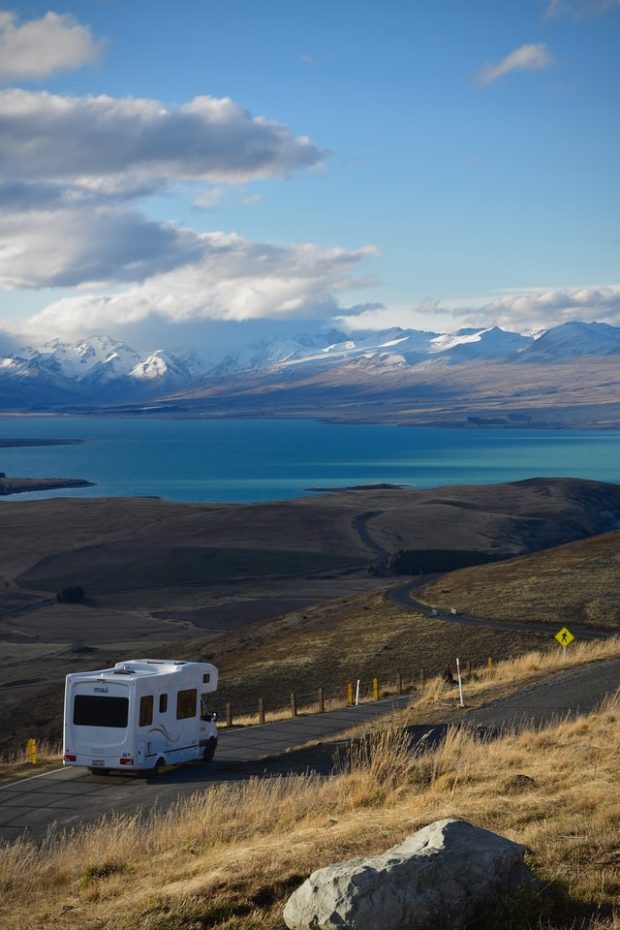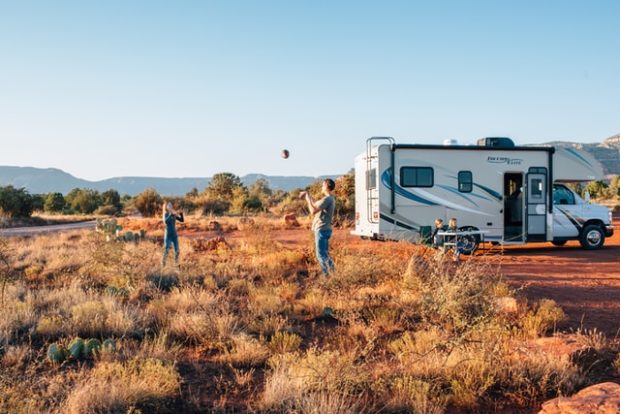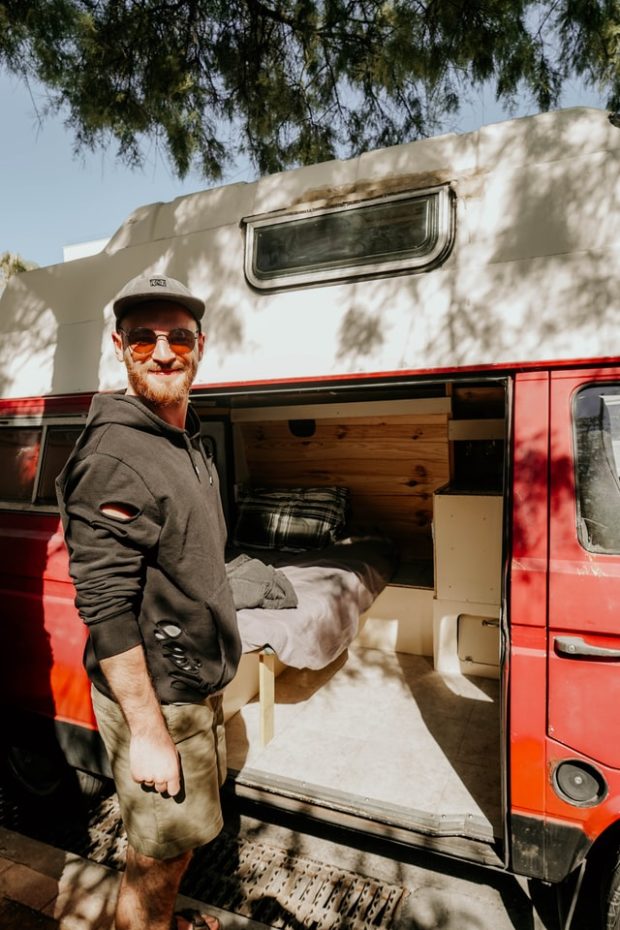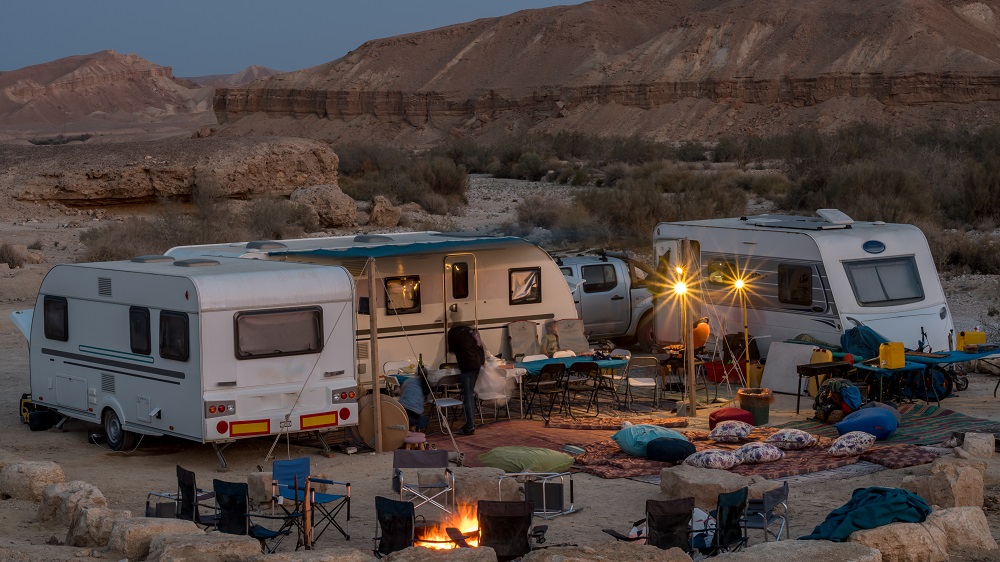Built to help you explore all of this nation’s hidden treasures, RVs are uniquely qualified for long road trips. However, it’s still important to maintain your RV just as you would any other vehicle. To help ensure that each mile you drive is trouble-free, there are some important steps you need to take both before and after every road trip.
Before: Inspect Your Tires
Given the durability of RV tires, most of them will age-out before they reach their maximum mileage. Therefore, before you head out on a trip, you need to inspect your tires for age-related damage. Off-color rubber, cracks, separation from the rim, and other issues are all signs that it’s time for new tires before you can safely hit the road.
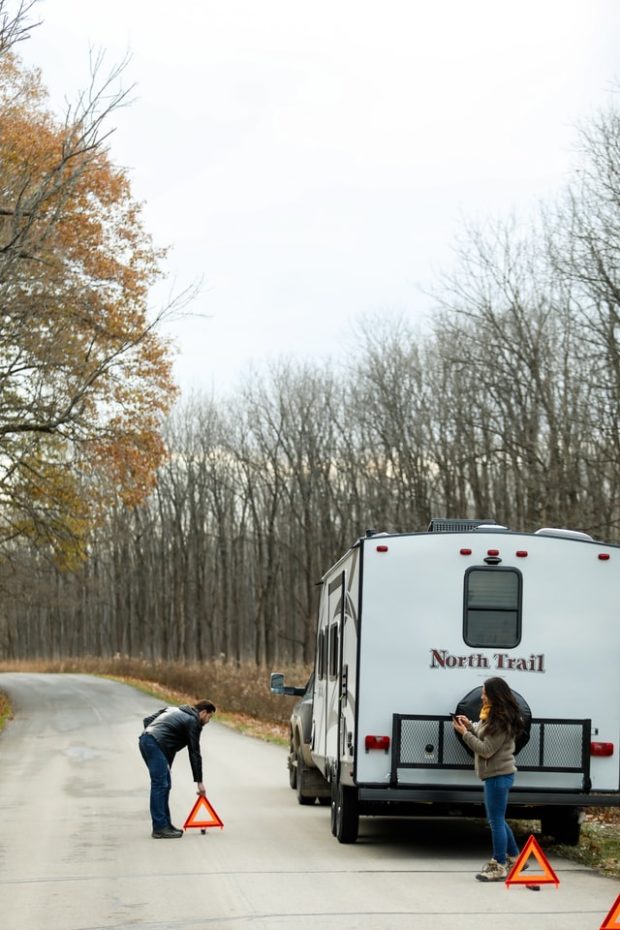
After: Proper Storage
No matter how frequently you use your RV, it’s important to store it properly when you’re in-between trips. Given the complexities of RV storage, it may be best to let a professional storage company handle these responsibilities. The key is to find a storage area that’s covered so that the environmental elements don’t cause excess wear and tear on your RV’s exterior. Otherwise, your RV’s life could be cut drastically short.
Before: Tighten All Enclosures
Keeping the inside of your RV clean and safe is just as important as taking care of the exterior. To help with this goal, it’s a good idea to walk through your RV before you head out so that you can tighten all of the enclosures that keep loose items in place. From cabinet hinges to shelf straps, giving everything a quick once-over will help prevent unexpected messes from occurring while you’re driving.
After: Clean Thoroughly
Given the remote locations where you can take your RV, you may find that your RV’s exterior is filthy when you return home. To prevent damage to the paint, it’s important to give your RV a thorough cleaning before you put it in storage. Everything from bug guts to bird droppings can etch into the paint and cause long-term issues. By removing these contaminants quickly, though, you ensure that your RV will look like new for a long time to come.
Even while you’re on a trip, it’s important to watch for issues that may need to be corrected. For example, if you notice an unusual smell coming from your air vents, it’s important to investigate the cause of this smell at your next stop. By taking quick action, you help to prevent serious problems that could leave you stranded.

